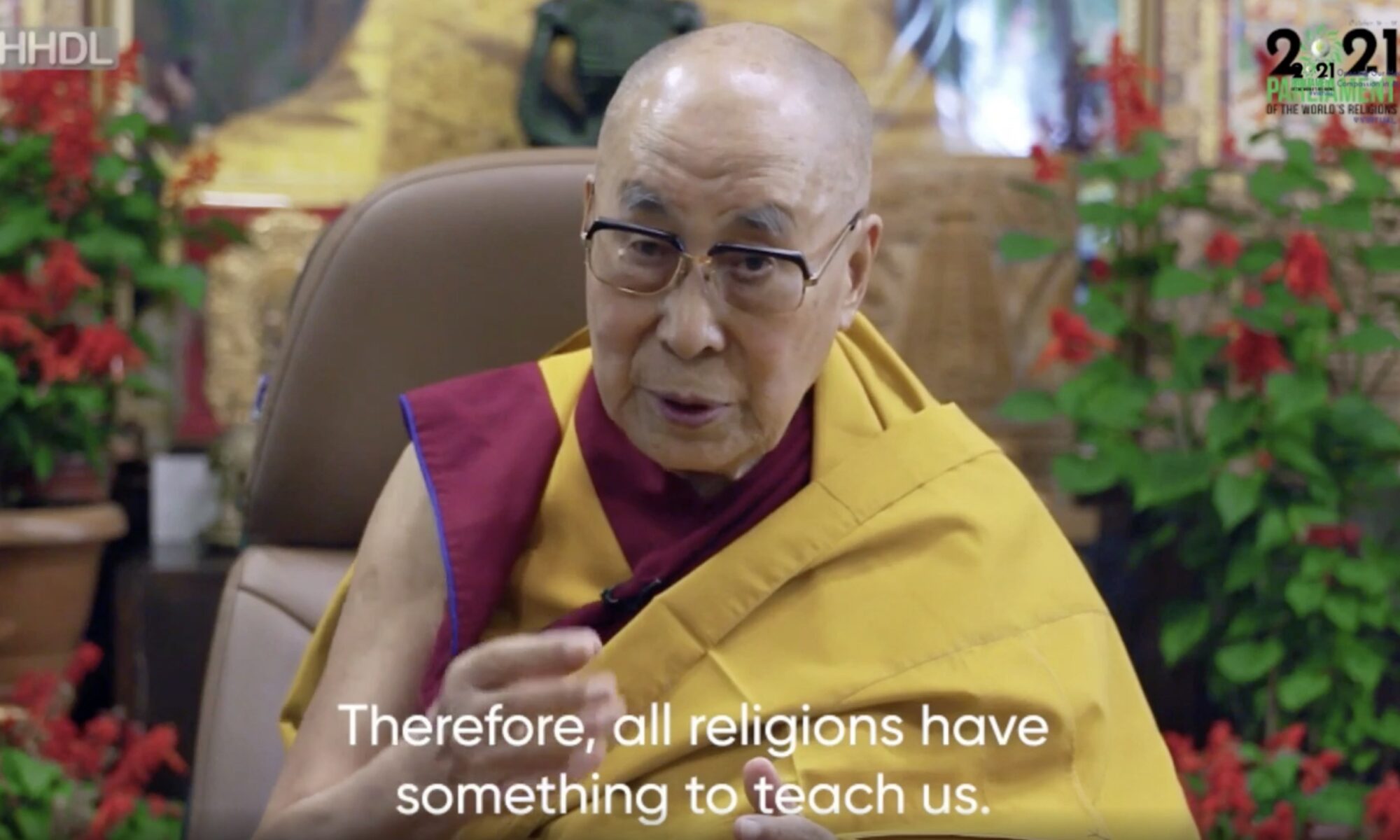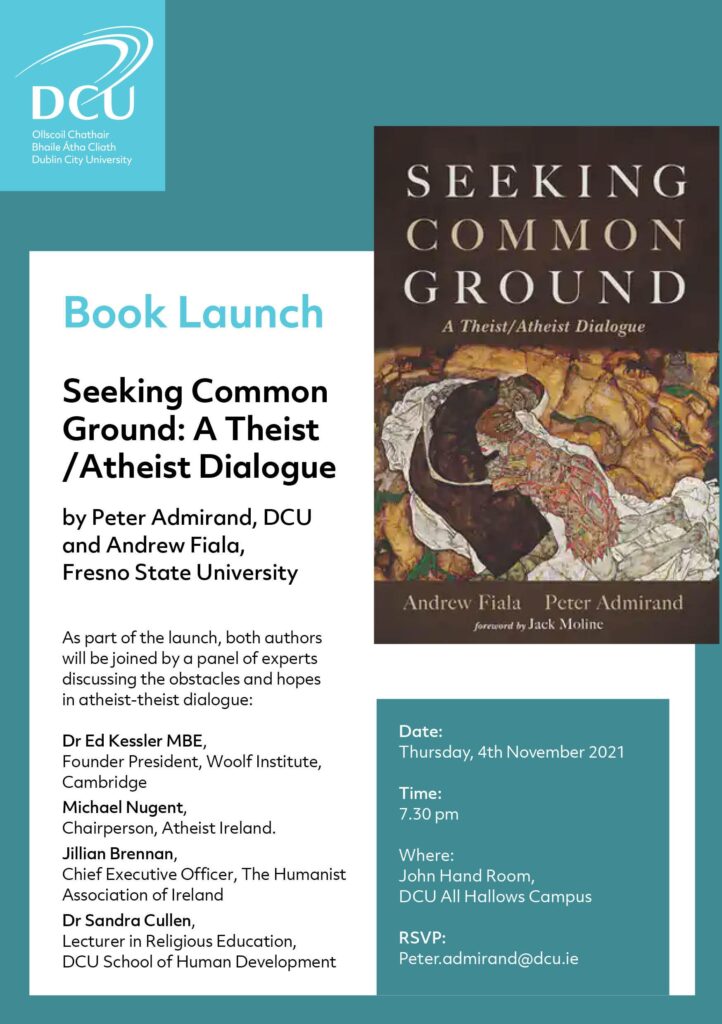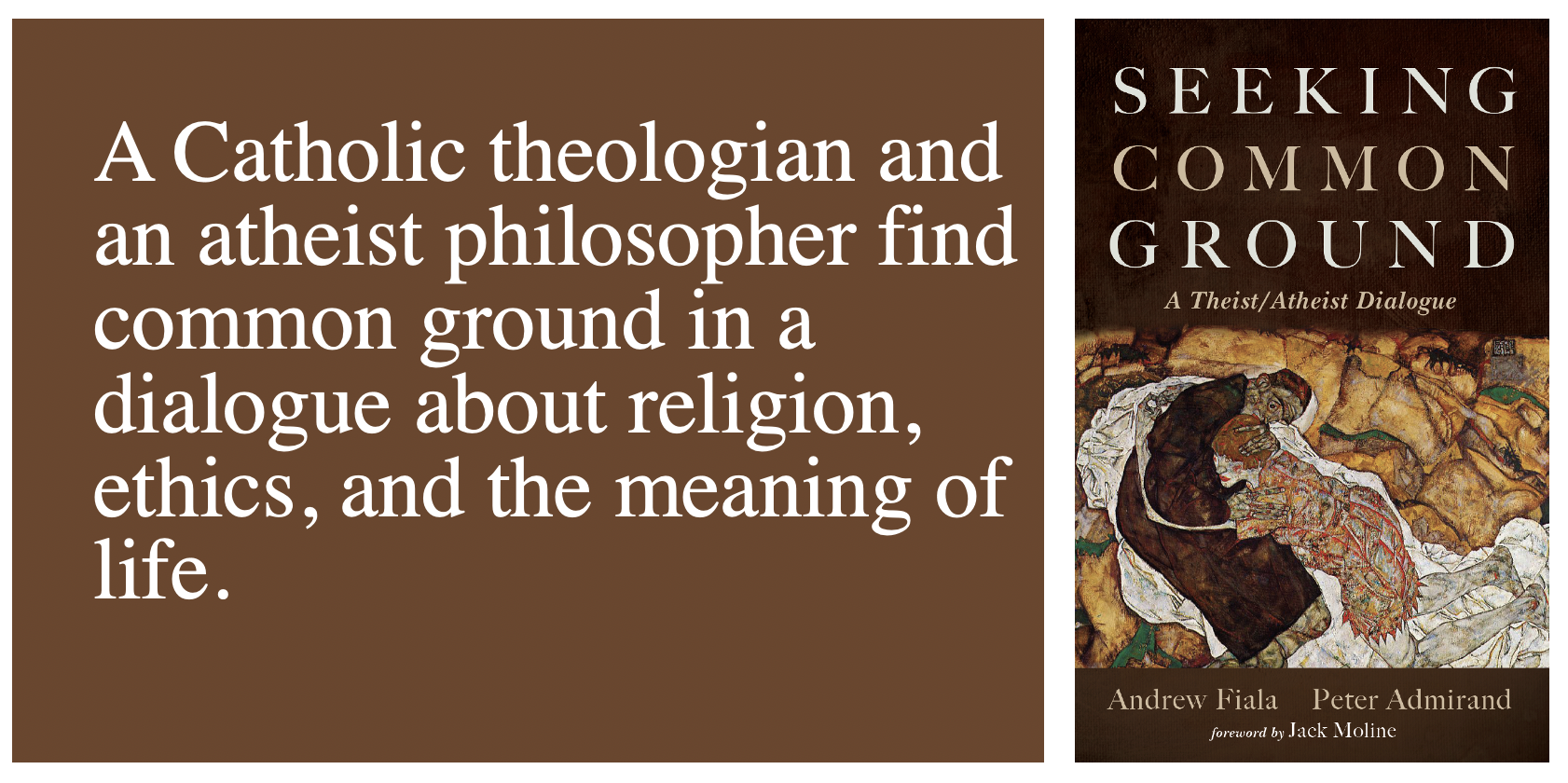Fresno Bee, July 30, 2023
The atheists are coming out the closet. A new Gallup poll shows that 12% of Americans don’t believe in God. Only 74% of Americans say they do believe in God. The other 14% are not sure. Back in 2001, 90% of Americans believed in God, and the atheists and agnostics only made up 10%.
The Pew Research Center published a report last year suggesting that in a couple of generations about half of the population will be non-religious and Christianity will be a minority religion. Earlier this year, a Wall Street Journal poll found that only 39% of Americans said that religion was “very important” to them. That was down from 62% in 1998.
This radical shift in American values helps explain the Christian nationalist backlash among those who want to make American Christian again. As Christianity loses its dominance, it is understandable that some Christians want to demand that the U.S. be a Christian nation. But the idea of forcing religion on people seems doomed to fail in the modern world. The First Amendment to the Constitution prevents the establishment of any religion. It also guarantees the free exercise of religion.
Religious liberty means that individuals are free to choose their faith. This idea is deeply rooted in a modern understanding of religious belief. Modern thinkers tend to agree that external conformity to religious rituals is not sufficient for genuine faith. Rather, faith is thought to require consent and subjective commitment.
In the late 1600’s, the British philosopher John Locke said, “All the life and power of true religion consist in the inward and full persuasion of the mind; and faith is not faith without believing.” He suggested that people may go through the motions of religious life without genuine belief. But external conformity is not real faith. That’s why trying to use violence, force, or law to establish religious conformity is wrongheaded. Locke famously said that with regard to religion, “all force and compulsion are to be forborn.” In fact, Locke suggested that external conformity breeds hypocrisy.
Locke’s writings on government and religion had a profound influence on the American Founders, as I noted in a column earlier this month. The Declaration of Independence appealed to Locke’s idea of a right to revolution. And his thinking about religion appears to undergird the view of religious liberty found in the First Amendment.
Again, the issue is that when people are forced to go through the motions of faith because they fear punishment or social disapproval, they simply become liars and phonies, lacking in authenticity. The Danish philosopher Kierkegaard made this a central theme of his work in the 19th Century. Kierkegaard understood faith as an inward or subjective experience. For Kierkegaard, faith was a passionate existential commitment. Kierkegaard was also critical of the hypocritical conformity of those who simply go through the motions of faith.
According to this modern understanding of faith, your religion is not about your ethnicity or your family identity. Nor is it a matter of which church you grew up in, or which Bible you have on your bookshelf. Nor is faith about what you wear, what you eat, or which holidays you celebrate. Rather, faith is about what you freely choose to believe in the depth of your soul and with the whole of your mind.
With this on the table, let’s reconsider the rise of atheism and agnosticism. If people don’t believe in God, isn’t it better that they are honest about that lack of belief? Do the Christian nationalists want atheists to just play along and pretend they believe? And if not, what would they propose to do about those who are not persuaded by the claims of Christianity?
It is best for people to be honest about what they believe or don’t believe. Only then can we have genuine and free conversations about faith. Of course, free and open conversations about faith may result in some people becoming atheists. But it’s better for people to make that choice freely than to try to enforce conformity and push nonbelievers back into the closet. The growth of disbelief is a sign of our liberty. It is also an opportunity for deeper discussions of faith, and of freedom.








